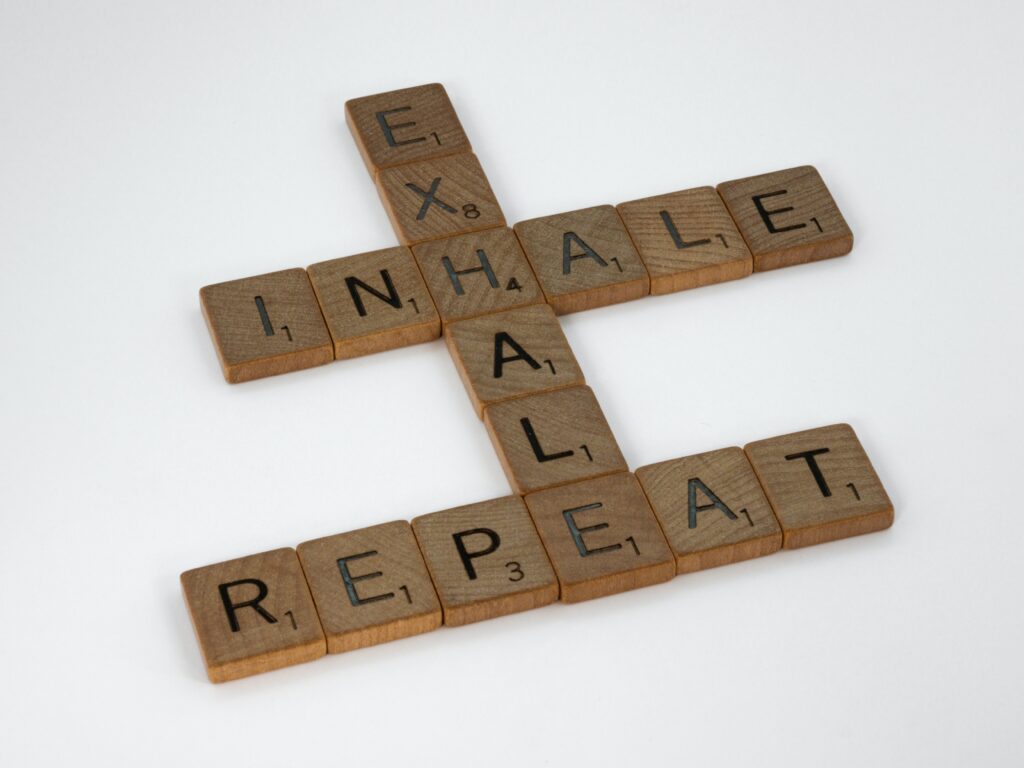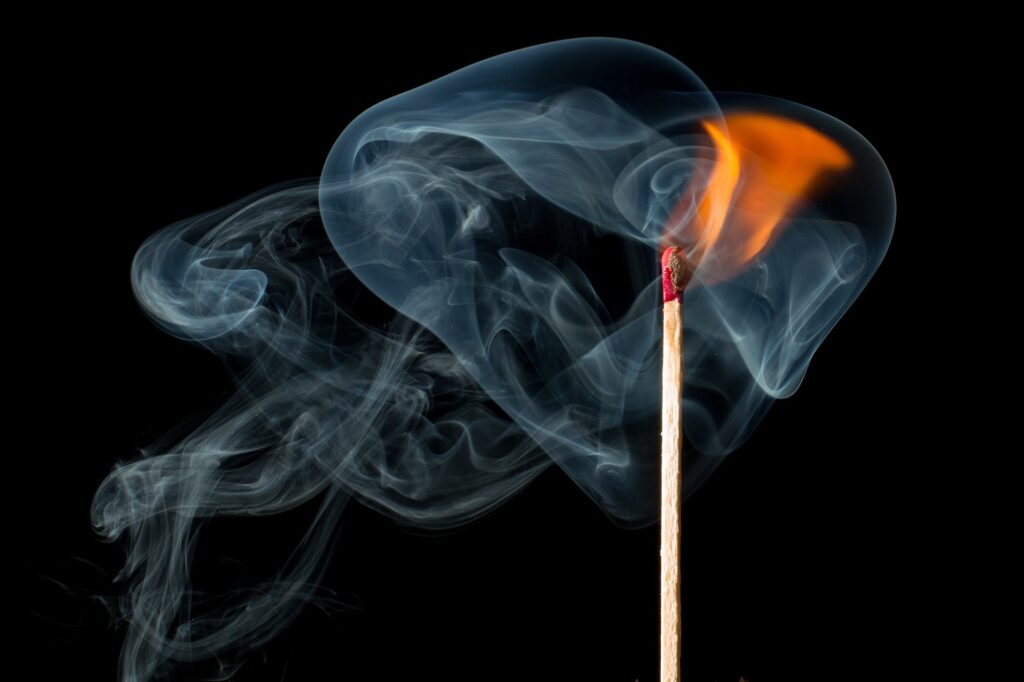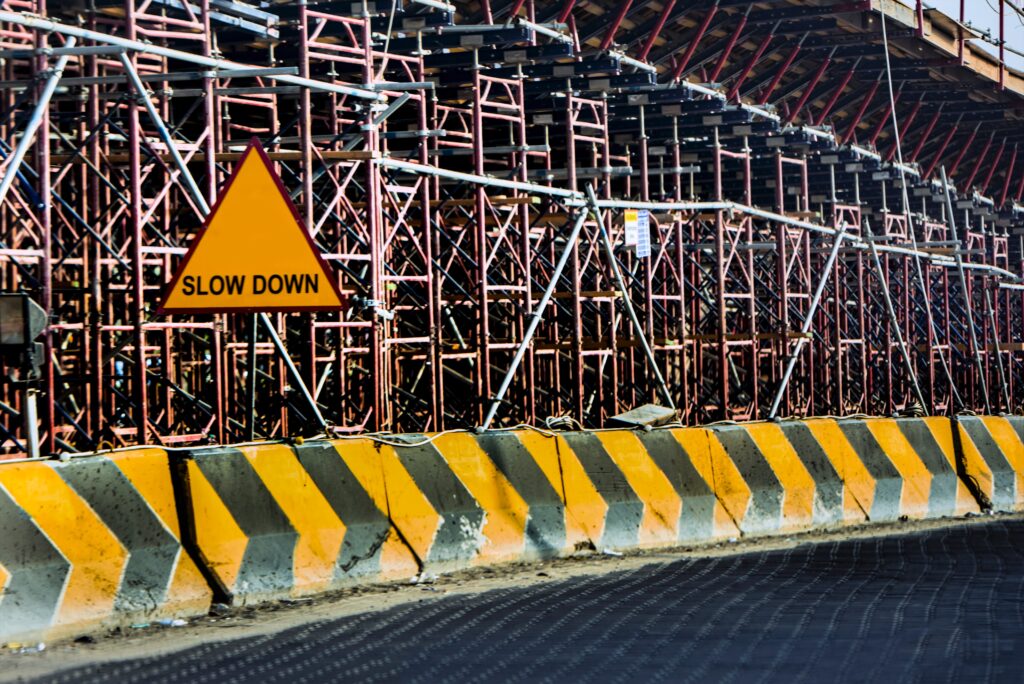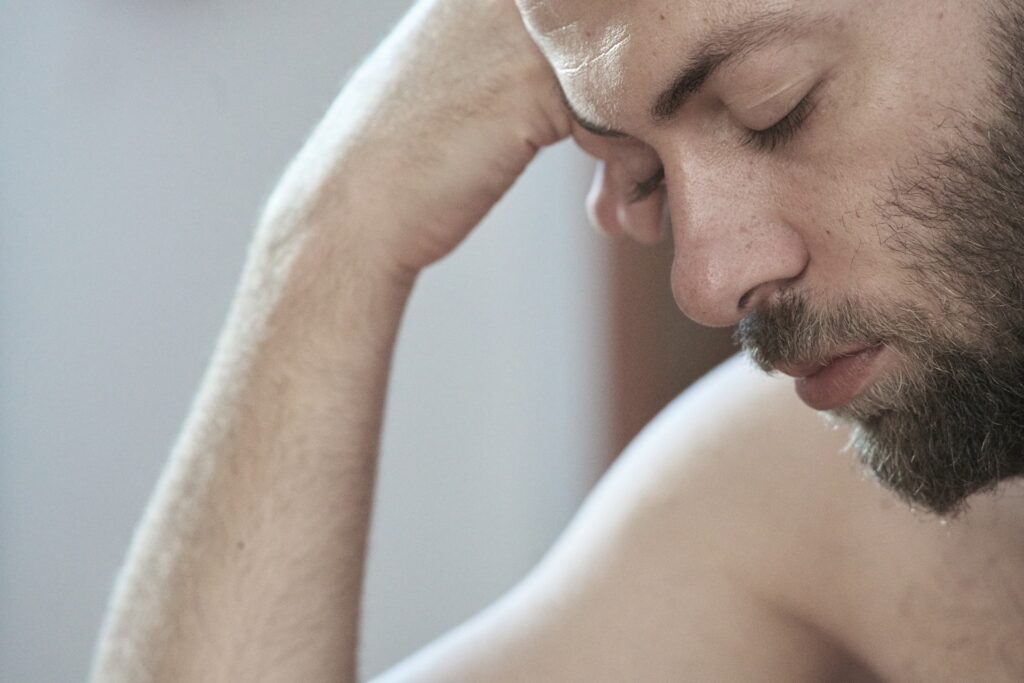Don’t Hold Your Breath

Fighting for less two than minutes I was already gassed. The first minute of the finals match had been active but not enough to warrant the level of exhaustion I was feeling already. What happened? Was I pushing myself too hard? Had I peaked too early in the event? That’s when I realized, I wasn’t breathing.
Welcome to Dare Mastery, our weekly newsletter on walking the road of mastery in Historical European Martial Arts. Each week I share something to read, study, and practice to help further your journey.
Stress and Breath
It is very common in class for me to catch a student doing a complex drill while holding their breath. Something about marshalling one’s concentration, especially toward something physical, can lead to a tensing of the body to the point of not breathing. You’ve probably experienced this while trying to lift something particularly heavy, or perhaps while bracing your body when something surprising happens. It’s also very common when you’re experiencing increased stress.
Holding the breath in a brief moment of stress is most likely related to an instinct to be as still as possible when a threat is near. However, when you hold your breath for an extended period you begin to starve your body of oxygen. This will rob energy from your muscles and most importantly from your brain. Stress and thus tension begins to increase and this can lead to an increased demand for oxygen as you burn more energy and thus become more hypoxic and closer to blacking out.
Easy Breath Easy Work
We want our base state in martial arts to be relaxed. Muscles that are tensed must be released before they can be reconfigured into new structures to do new work. Thus it’s better to be relaxed as the default state with moments of engagement to create speed, power, and structure in a directed and specific way. If you’re tense all the time you’ll be much slower to change and adapt to your opponent.
The inhalation process requires a relaxing of your muscles to allow the chest to expand. When you keep your chest tense, as often happens with stress, you bring in less oxygen and burn more energy labouring to inhale.
Often the experience of getting worn out quickly in sparring is not because you are deconditioned (though that could be part of it) it is because as stress escalates tension increases. Breathing can become shallower and more difficult or you might hold your breath entirely without realizing it.
This is where I was in that particularly stressful and complex fencing match.
Tactical Breathing
One of the first steps in improving your breathing technique is to bring awareness to your breath. I have found that practicing box breathing, sometimes called “tactical breathing”, can be useful for this. You can try it right now.
- Breath in for a four count.
- Hold your breath for a four count.
- Exhale for a four count.
- Hold your breath for a four count.
- Repeat
Box breathing can help you bring attention to your breath in a more disciplined way that can help you breath more effectively while under stress. It also has the benefit of helping to calm your sympathetic nervous system (which gets activated during fight-or-flight) and engage your parasympathetic nervous system (the system associated with relaxation).
Practice engaging disciplined box breathing in between passes in a sparring match. As you return to your corner between bouts or while you’re out of distance.
I have also found that practicing box breathing while doing slow sparring can be a great way to practice cardiovascular health while learning to be more disciplined in your breathing while dealing with complexity.
Kiai!
A great way to get better at getting oxygen in is to focus on getting breath out. In many martial arts a great emphasis is put on shouting or sharply exhaling while conducting a technique. In Japanese martial arts this shout is called “Kiai”. There are many reasons it is emphasized but an often overlooked one is that it helps with breathing.
- It is much easier to take a full in-breath after making a sharp out-breath. If you’re ever in the middle of a hard workout and you want to be able to talk to someone without panting, make a sharp out breath, breath in, then talk. You’ll find you can speak much more evenly than just trying to put your words into the gaps.
- Connecting technique execution with out-breaths can help you override an instinct to hold your breath. For many holding of breath comes when you ready yourself for action or impact. If you train yourself to do out-breaths at these moments you’ll not only tend to return more easily to relaxation, you’ll also tend to get caught less often in a state of holding your breath.
I don’t tend to shout while I execute techniques, but for those who have a hard time getting your breath you might find that vocalizing helps you open your throat, exhale more easily, and can be surprising for your opponents!
Confidence is Connected to Breath
Many more years into my training I find it much easier to stay generally relaxed in stressful bouts. Part of this is simply building more confidence in myself and having many more tuned reflexed. That has come both through training of technique but also through deliberate training of relaxation and breathing.
Next time you’re practicing bring some attention to your breathing and through it to the state of general tension you carry in your body while sparring or drilling. Recognition is the first and easiest step that you can take to become a more relaxed, an more oxygenated, fighter.




